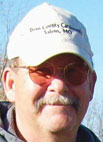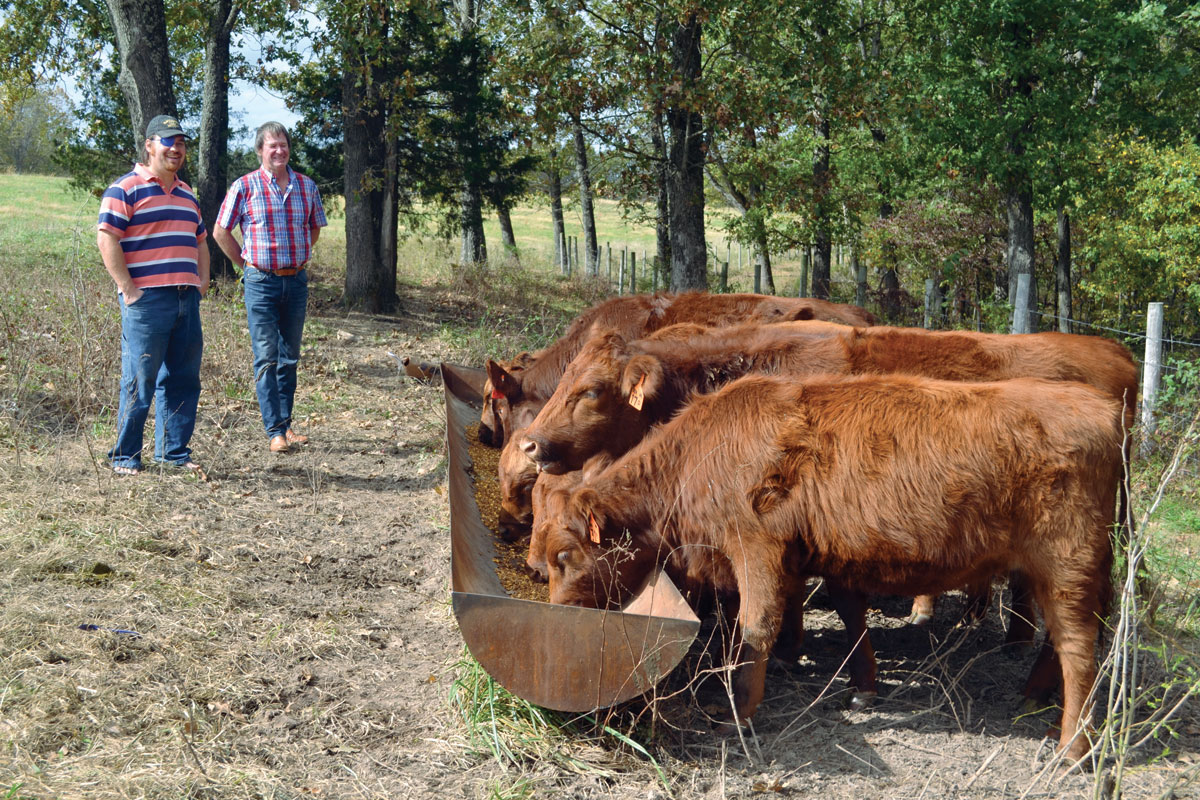
Dr. Melissa Bledsoe becomes the first female dean of the College of Ag at MSU
SPRINGFIELD, MO. – When Melissa Remley started college at Truman State University, she majored in accounting. However, she soon began to rethink her future.
“I really enjoyed math and taking accounting classes, but I realized pretty quickly that I did not want to continue as an accounting major for my career,” she recalled. “I looked at my hobbies, gardening and landscaping, and realized I could do that for my studies and career.”
Melissa transferred to Missouri State University (then known as Southwest Missouri State University) for its strong horticulture program.
Today, Dr. Melissa (Remley) Bledsoe is the newly appointed Dean of the William H. Darr College of Agriculture at MSU. She officially assumed the role on May 1 and is the first female dean of the university’s College of Agriculture.
“It’s kind of surreal because we have a lot of females in leadership throughout the university and in the college,” Melissa said. “To be the next dean is a big deal to me, and it is unimaginable that I could be in this role now. I take it very seriously and to heart to do well by the legacy of this institution and to make sure we are designing it to be the best for the future. Being a female is part of that because we have a large female student population. Many female students have reached out to me, and it means a lot to me because they see me as a trailblazer.”
As a student at MSU, Melissa earned a bachelor’s in horticulture and a master’s in plant science. While working on her bachelor’s, she tutored her fellow students.
“My senior year, I took a plant physiology class with Dr. Frank Einhellig, and I loved the science side,” she said. “We had been learning a lot of applied technology for the horticulture industry. That class changed my mind about wanting to go into more of the science. Dr. Einhellig gave me the opportunity to be his teaching assistant and stay for my master’s. It was that opportunity that changed my trajectory. It solidified my desire to teach, and I wanted to get my PhD to be a professor in some capacity.”
Melissa continued her education at the University of Missouri-Columbia, earning her doctorate in plant, insect and microbial sciences.
“I had opportunities to teach at Mizzou while working on my PhD. I had a mentor who helped me develop a class, and that really helped me get my teaching role there because they knew I had that interest, and they needed a teacher,” Melissa said. “I made a choice then to go with more of a teaching route.”
Melissa worked at MU’s division of plant sciences from 2010-2013 and was a post-doctoral fellow with Cotton Incorporated, where she studied plant physiology and nutrition.
When a position at the Darr College of Agriculture opened in 2013, Melissa decided to return to her alma mater.

“I knew the people I would be working for and that it would be an excellent opportunity,” Melissa said. “I knew this institution focused on students and teaching. I appreciated the environment here. I knew this was the place for me, and I could do research here. I feel like it is the best of both worlds because I can focus on teaching and advising students but still have that research aspect.”
After returning to MSU as an assistant professor, Melissa could continue the research she began at MU, which addressed soil fertility and plant nutrition.
“The end goal was learning how to manage fertility to grow better yields and healthier crops for the consumers, and that could be humans or animals,” Melissa said. “We went into other crops as my students had an interest in other crops, such as garlic and microgreens.”
As she transitions from her faculty role to dean, Melissa plans to remain connected with her students.
“I was interim dean for 10 months, and I had grad students working on projects, and I had a bunch of advisees, too,” Melissa, who is married to Willard native Grant Bledsoe, said. “With the interim role, you have one foot in the dean’s role and one in the faculty role. I’m now transitioning somewhat away from the faculty role. I’m still helping students and faculty, and in my lab, I’m teaching certain things because it takes time to get new faculty in, so I’m bridging that the best I can. Over time, I will have less direct contact with students, but I will still be helping with graduate student projects, serving on committees and things like that.
“It was a big decision, but I can still impact students’ experiences and success in this role. We do really good things and support our students, and as a dean, I can take a primary role in making it our fundamental priority to be student-centered. It’s a different role, but I’m still serving students. I’m not in the classroom, but I still want to know them, and I will interact with them.”
It may surprise some, but Melissa does not have a farming background.
“I was two generations off the farm,” she explained. “My grandparents had farms, but my father and mother never farmed. We lived in a rural area (near Moline, Ill.), and I went to a rural school. My father was an engineer with John Deere, so we were connected to ag. My connection came through gardening and landscaping; I got into plants. I always thought I was meant to be on a farm but didn’t have the opportunity to grow up on one. I am slowly making my way back to that.”
Melissa added that in today’s agricultural environment, everyone can find a path to agriculture, just as she did.
“If we only relied on people who grew up on farms, it would be a dwindling career choice because fewer and fewer people are getting the experience,” she explained. “We want to pull in people from all backgrounds to get the love of agriculture in their blood because they can work in the industry in so many ways, and that’s how the industry keeps thriving. We are getting more and more students from urban areas. Half the battle is letting people know all the programs under that agricultural umbrella. We’re the College of Ag, but we have programs that pertain to all backgrounds.”
Looking back, Melissa said the first day she stepped into Karls Hall on the MSU campus, she never expected her career path to lead her back to the dean’s office.
“It took one step at a time. If you take those opportunities and work hard, you never know what will develop throughout your educational experience and career. You create those opportunities. I would have never thought I would have gotten a master’s or a PhD,” she said. “It’s taking one opportunity at a time.”







